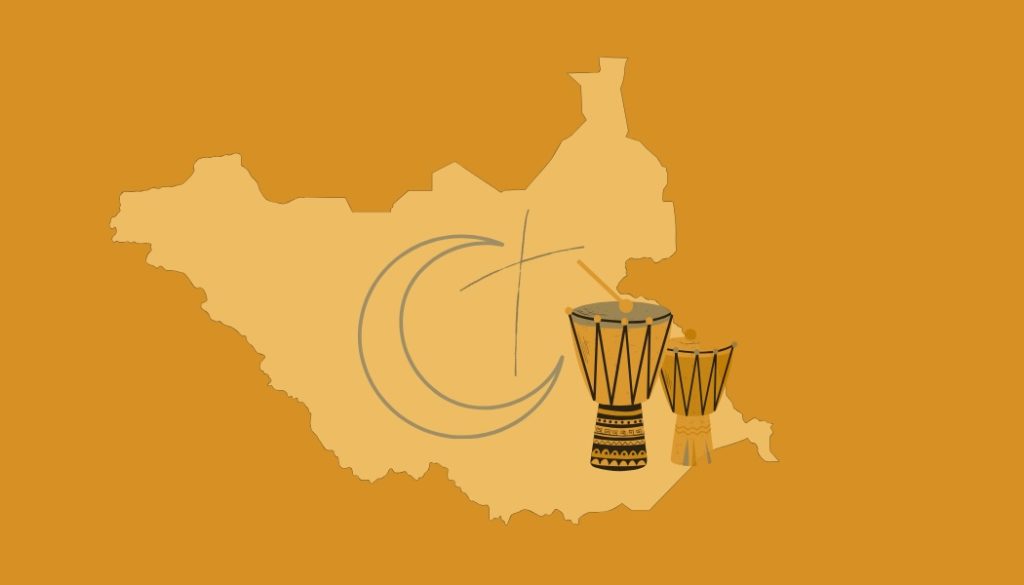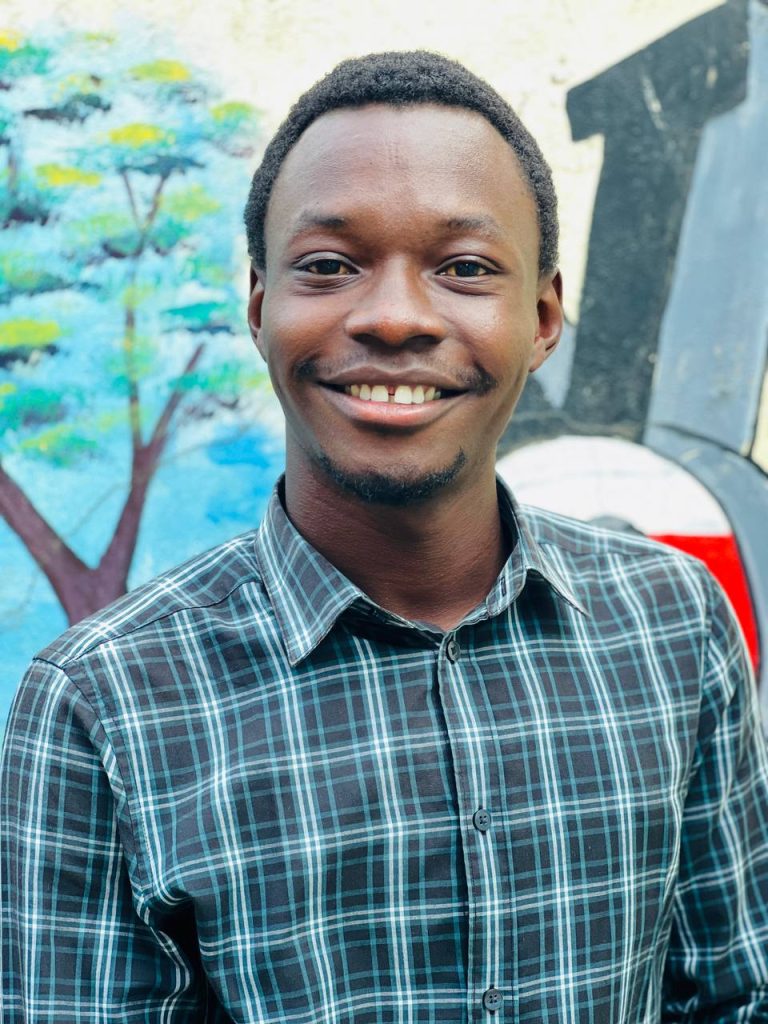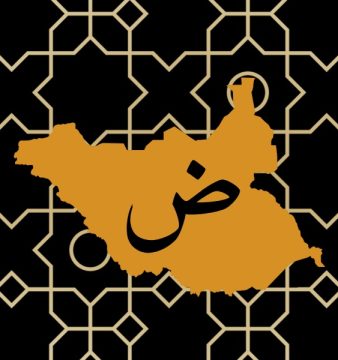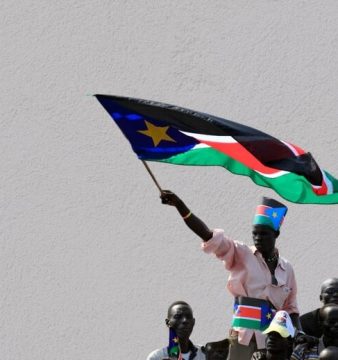The Intersection of Faith and Culture in South Sudan
In South Sudan, faith is not a private affair; it’s woven into the very fabric of existence, shaping politics, culture, and identity. The nation exists at the crossroads of Christianity, Islam, and enduring traditional African spirituality. This potent mix acts as both a compass and a crucible, guiding communities while simultaneously fueling divisions.
Religion’s double-edged sword is keenly felt. Churches and mosques often stand as vital mediators in conflict, offering sanctuaries for peacebuilding. Yet, this same sacred authority can be twisted. Politicians frequently wield religious rhetoric as a weapon, exacerbating ethnic tensions and manipulating identities for political gain.
Beneath the surface of formal religion run deep currents of indigenous tradition. Long before Christianity and Islam arrived, intricate spiritual systems connected South Sudanese communities to ancestors, nature spirits, and the rhythm of the land. These beliefs haven’t vanished; they persist, often blending seamlessly with newer faiths. Even devout Christians or Muslims may consult traditional seers (‘tiet’ in Dinka, ‘ngundeng’ in Nuer) for guidance on life’s crucial moments such as health, marriage, or resolving disputes. Foundational social codes, like the widely known prohibition, ‘We do not marry our relatives,’ demonstrate cultural bedrock predating, and now coexisting with, formal religion.
This fusion is vividly illustrated in marriage customs. Families, whether Christian or Muslim, often incorporate traditional practices, like the intricate exchange of locally brewed alcohol between the bride’s and groom’s families, alongside religious rites. When questioned, the simple, profound answer resonates: ‘We are Africans, we are people of the South.’ It speaks to an identity deeper than any single religious label. Similarly, enduring ceremonies like the Dinka’s age-set initiations or Nuer sacrifices reinforce powerful connections to lineage and land, echoing pre-monotheistic worldviews.
This complex interplay is perhaps nowhere more evident than in funeral rituals, which are profound communal events transcending simple religious categorisation. When death occurs, it mobilises entire communities, reflecting deep-seated cultural obligations to honour the deceased and ensure the proper transition of their spirit, often intertwined with beliefs about appeasing ancestral spirits. However, in the Balanda community, a South Sudanese ethnic group or tribe of primarily farmers, and as many other tribes, they beat the drums in a certain rhythm that indicates the death of someone, certain songs and dances are to be performed notably ‘Gaza.’ This dance is tailored for males and performed in the shape of a long queue that moves from the funeral house passing by all loved places for the deceased person and that could include his work place and some close friends house, this one usually performed before going to church or mosque. Moreover, Christian prayers or Islamic recitations might open or close the mourning proceedings, led by priests or imams. These moments of grief powerfully demonstrate the resilient coexistence of different belief systems, showcasing how South Sudanese navigate their layered spiritual landscape, drawing strength and meaning from both ancient traditions and adopted faiths to manage loss and reaffirm communal bonds.
South Sudan’s religious landscape is therefore a rich yet fragile tapestry. Christianity, Islam, and traditional spirituality have all profoundly shaped the nation’s identity, sometimes mending wounds, other times tearing them open anew.
As the country grapples with forging a unified future, the path forward demands embracing the highest ideals common to all its faiths: compassion, justice, and communal harmony. In a land where the sacred is inextricably linked to the political, harnessing faith for unity rather than division isn’t just a spiritual challenge, it may well determine the survival of the nation’s soul.
500WM Columnist Butros Nicola Bazia, born in Khartoum, Sudan in 2001, is a South Sudanese independent writer and storyteller currently based in Juba, South Sudan. He began his content creation journey with Young Black Voice Podcast in 2022 and transitioned to creative writing in 2023, driven by a deep interest in arts, culture, and society. His work reflects resilience and creativity, even amidst the challenges posed by ongoing conflict in the region. Nicola now runs his own blog, Autide Me, and has published works in Sudans Post and 500 Words Magazine, where he currently serves as a columnist.






